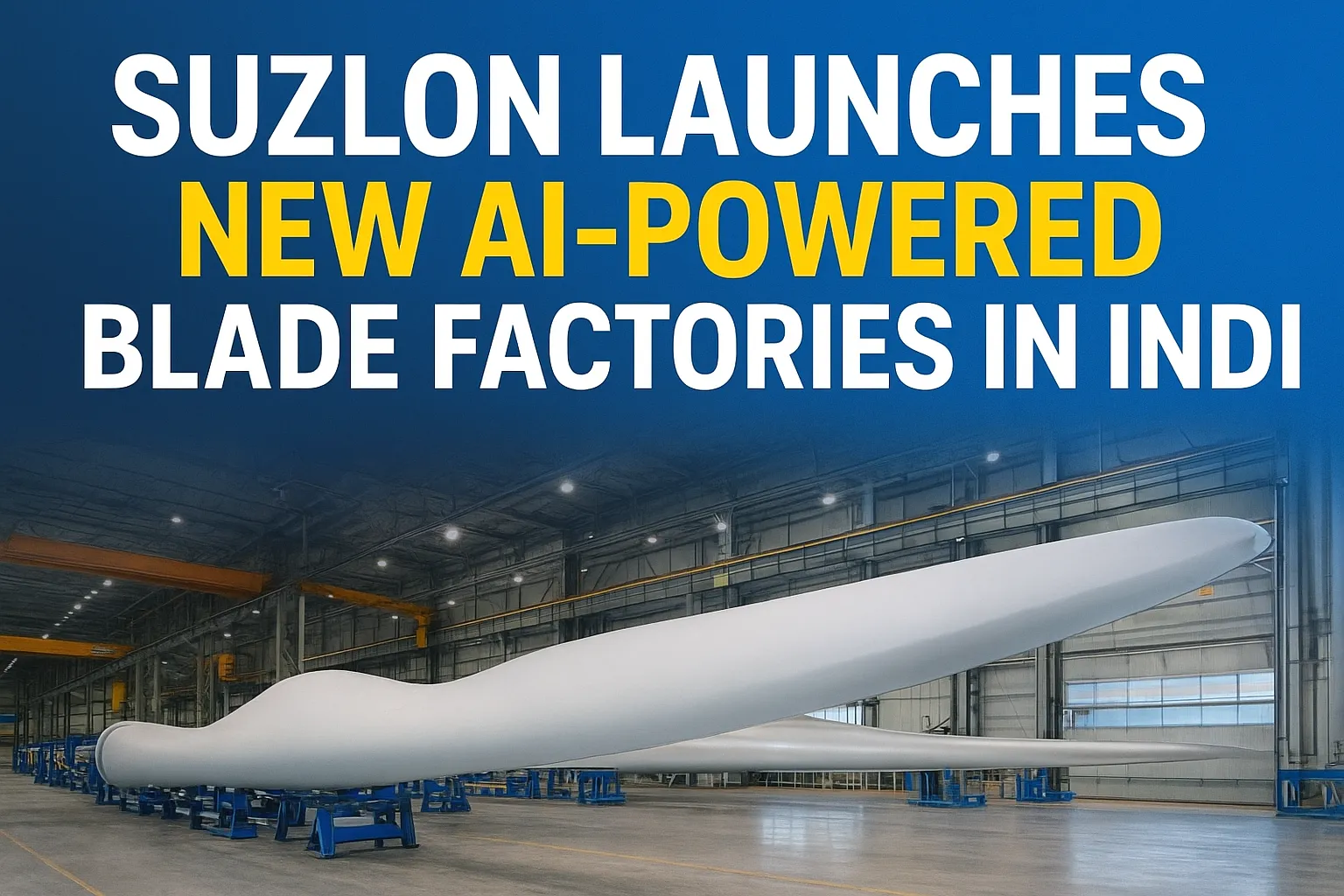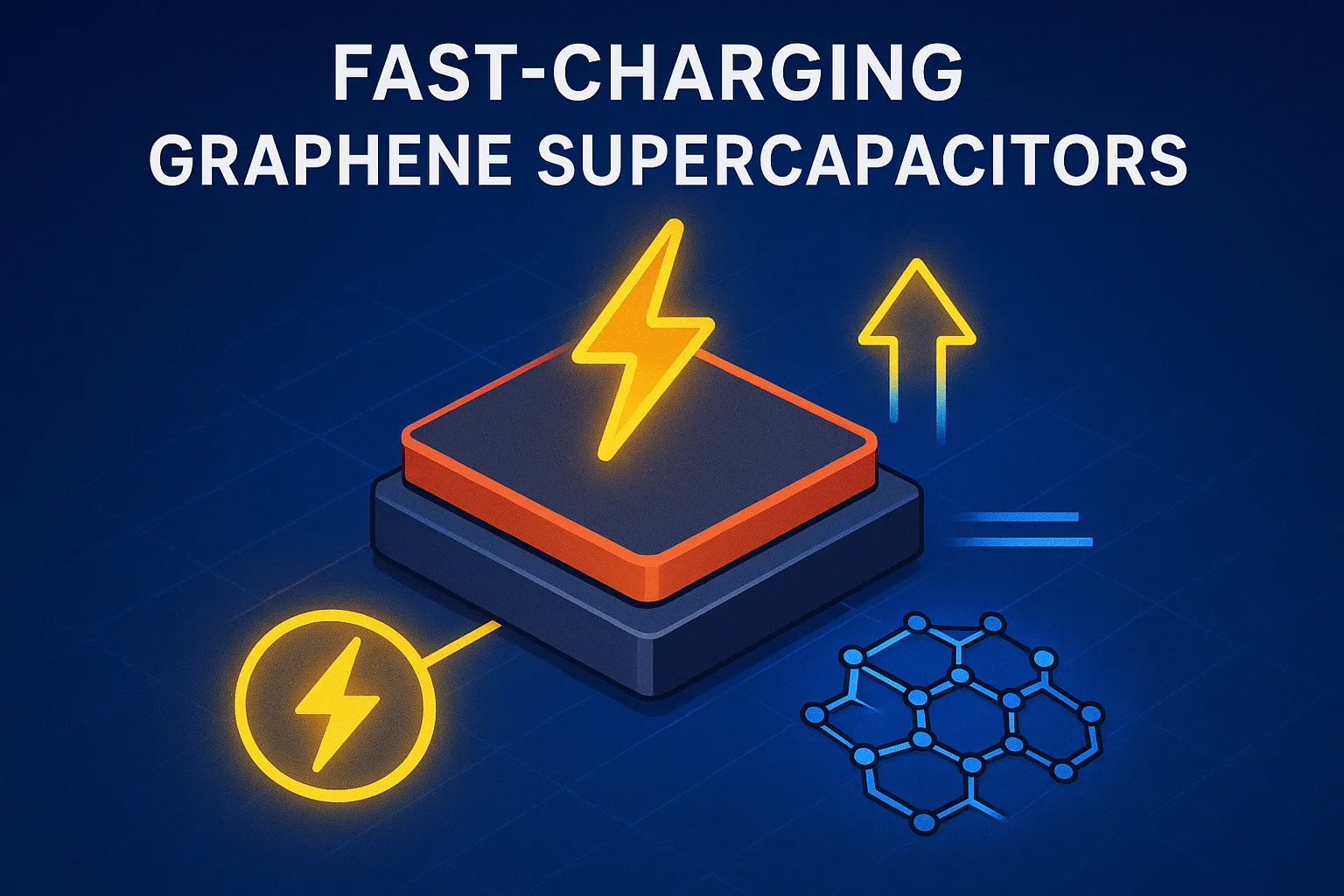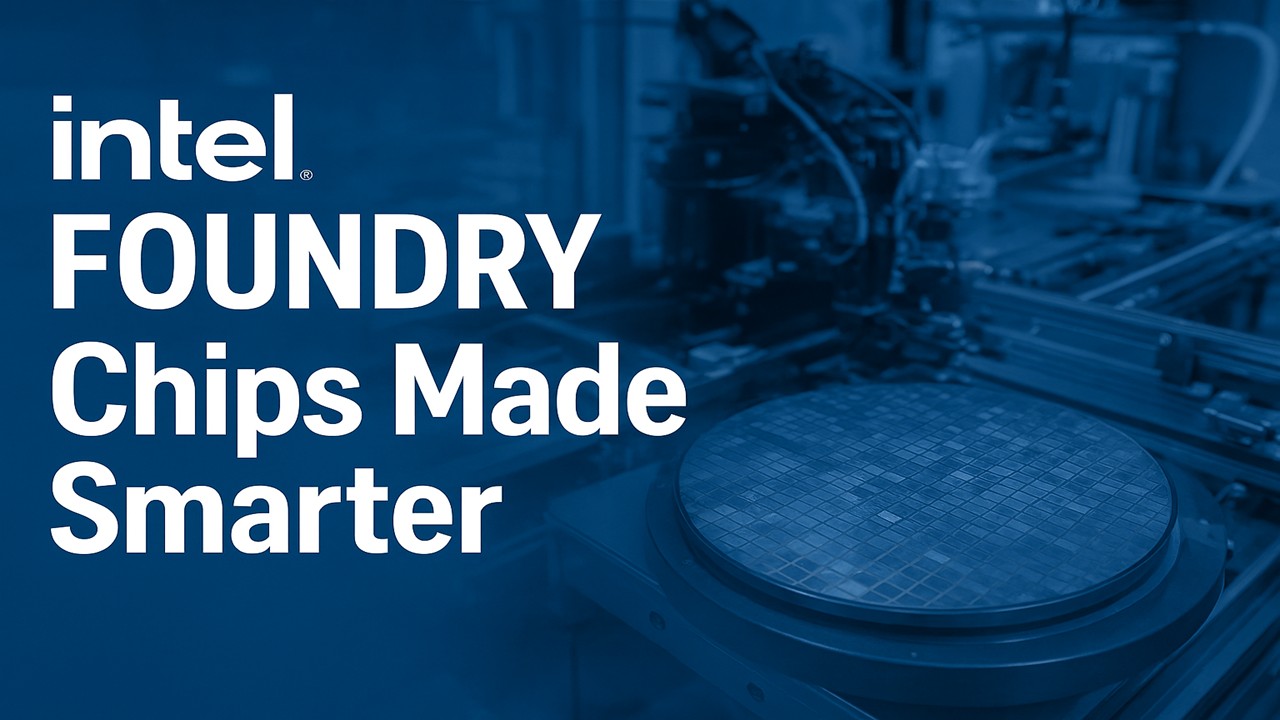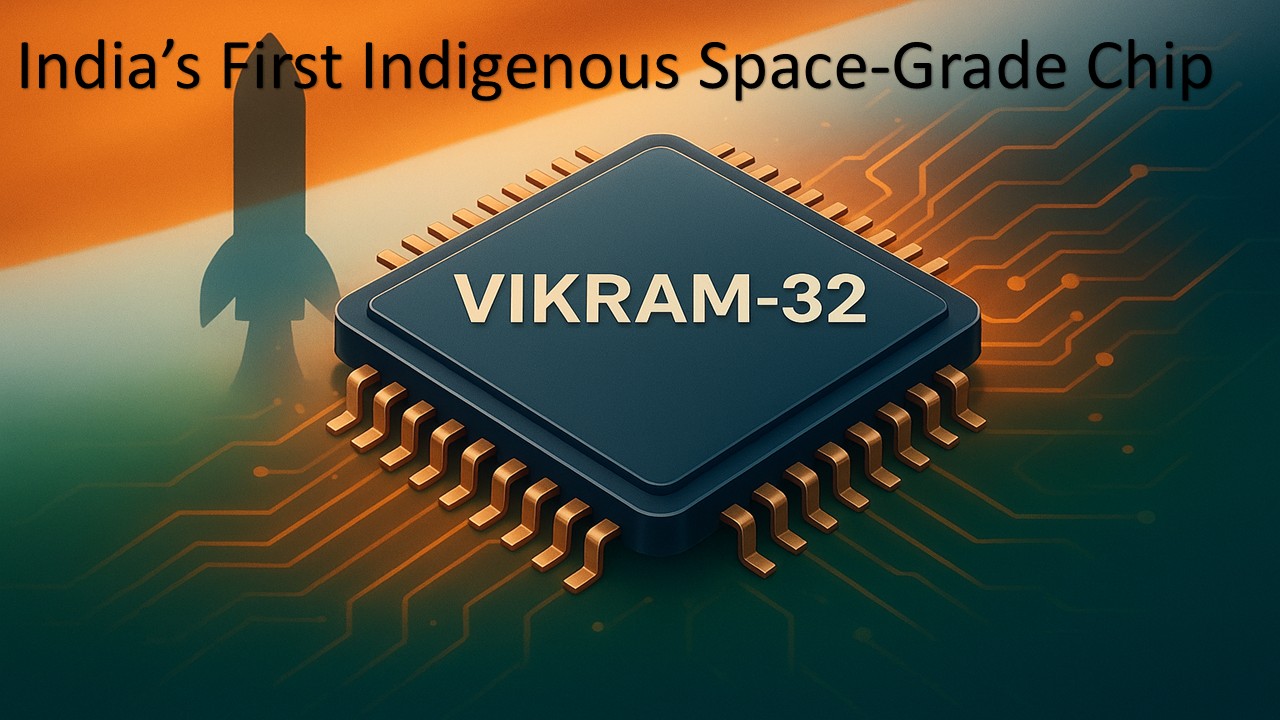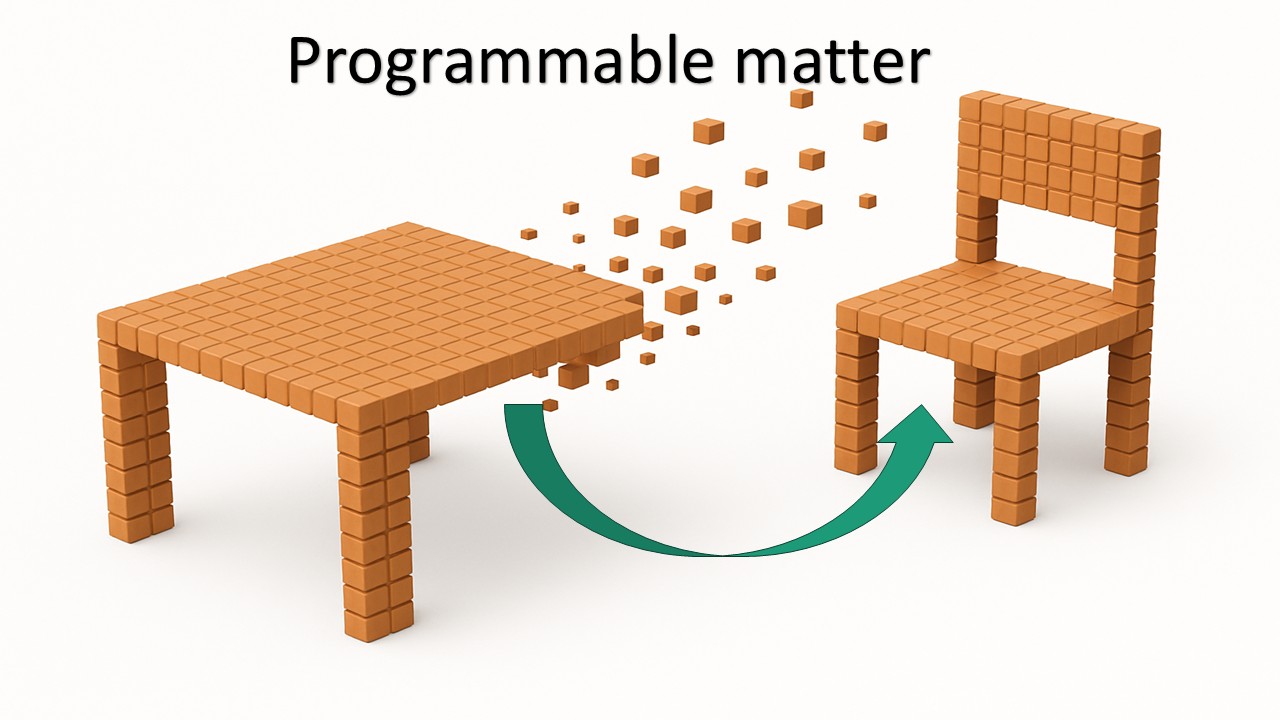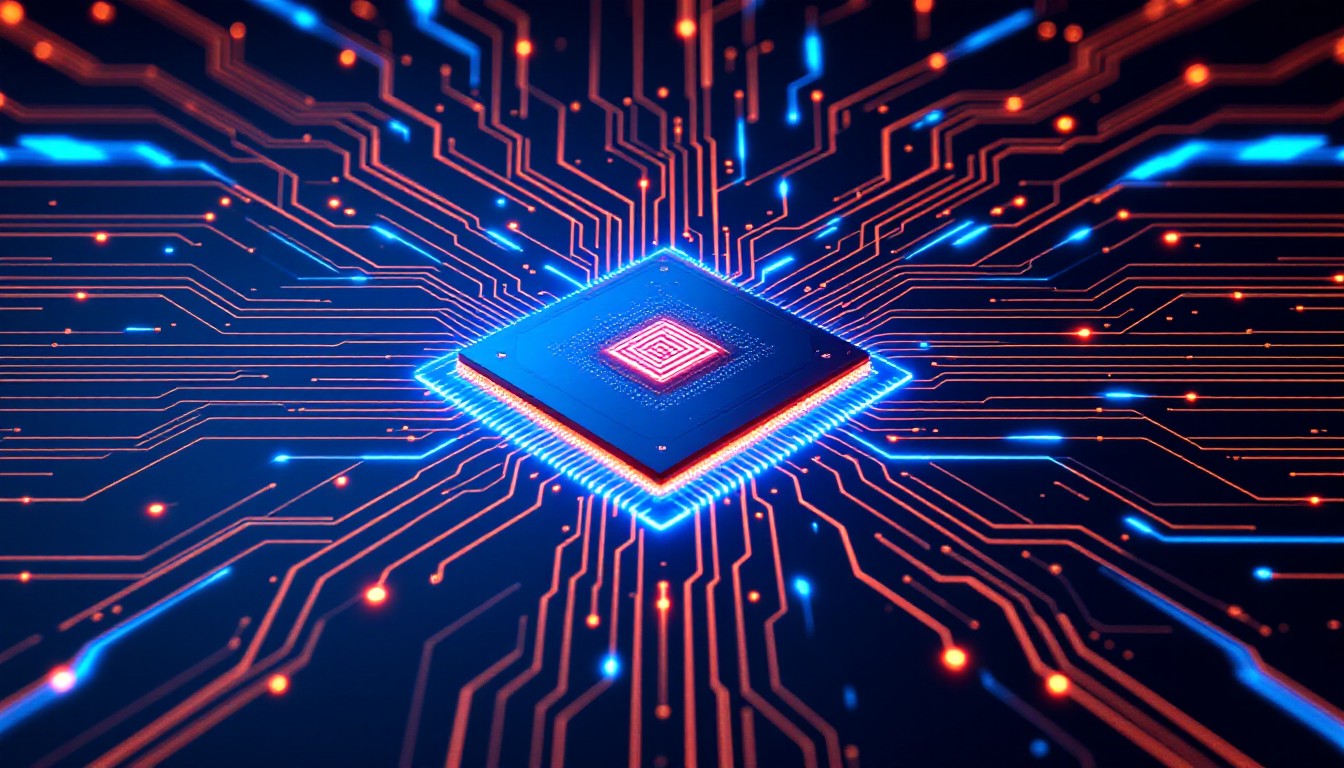
हिंदी में पढ़ने के लिए मेनू बार से हिंदी भाषा चयन करें।
Intel’s newly appointed CEO, Lip-Bu Tan, is considering a significant shift in the company’s chip manufacturing model, according to a recent exclusive by Reuters. This move could have far-reaching effects not just for Intel, but for the entire global semiconductor industry.
Intel’s Current Manufacturing Strategy
Traditionally, Intel has operated with a dual approach:
- Producing high-performance chips for its own use (like for PCs, data centers, and servers).
- Providing contract chip manufacturing services (foundry services) to third-party clients through its Intel Foundry Services (IFS).
Under this model, Intel was developing cutting-edge chip fabrication processes such as 18A, meant to compete with industry leaders like TSMC and Samsung Foundry.
Also Read What is Intel Foundry and How It Helps Companies Manufacture Chips
What Might Change?
As per two sources familiar with the matter (quoted by Reuters), Lip-Bu Tan is now considering:
- Limiting the advanced 18A chip process exclusively for Intel’s internal products.
- Offering a lower-tier 14A chip process to external foundry customers instead.
This change would mark a shift from the company’s earlier aggressive strategy to compete head-on with global chipmakers in the foundry space.
Why This Is a Big Deal Globally
If Intel steps back from offering its most advanced technology to outside clients:
- It opens more space for rivals like TSMC, Samsung, and GlobalFoundries.
- It suggests Intel may prioritize internal efficiency and innovation over external market share.
- Other chip-reliant industries may re-evaluate their supply chain dependencies.
What This Means for Intel
While the change hasn’t been formally announced, internal discussions indicate a move toward simplifying operations, reducing risks, and cutting costs. This might:
- Help Intel refocus on its core strength: high-performance chips for PCs and data centers.
- Improve production efficiency and lower capital expenditures.
- However, it might also reduce future growth opportunities in the third-party foundry business.
Market and Analyst Reaction
Tech analysts are divided. Some believe this is a prudent move for Intel, allowing the company to stay focused during a challenging period. Others argue that by stepping back from the advanced foundry race, Intel may fall behind its more aggressive competitors.
Lip-Bu Tan, who previously led Cadence Design Systems and is known for strategic turnarounds, appears to be taking a more risk-managed, internal-first approach as he begins his tenure at Intel.
Intel’s reported strategy shift marks a new era for the company. While it may help streamline operations and lower costs, it also signals a potential retreat from directly competing in the global foundry market. How this strategy unfolds will depend on execution, transparency, and market acceptance in the months ahead.
Source: Reuters Report



























